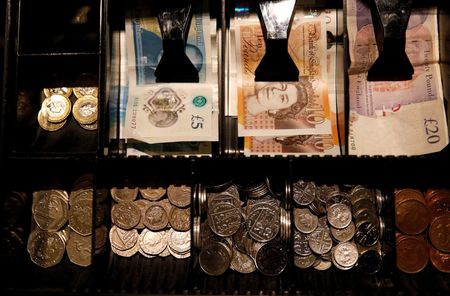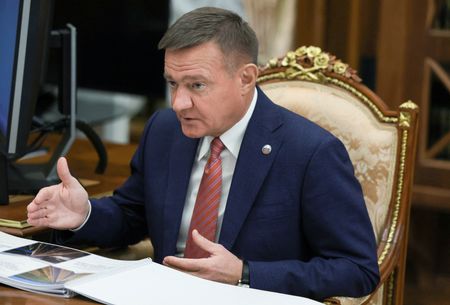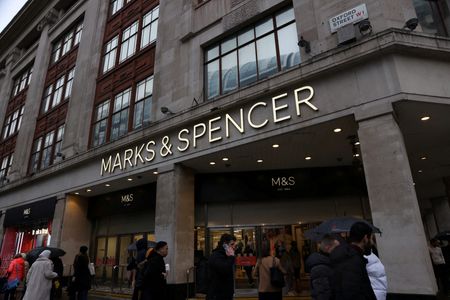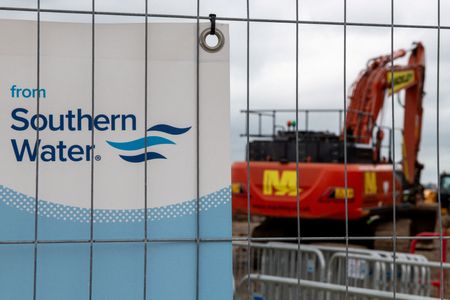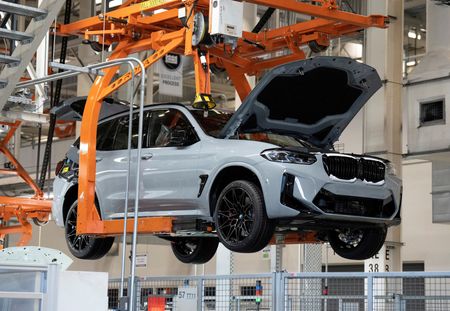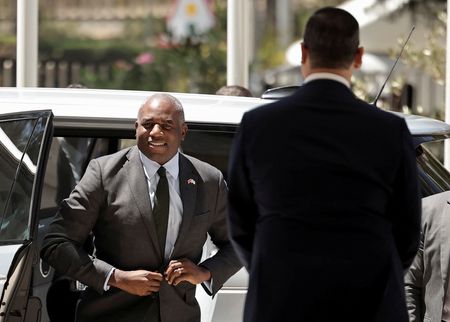By Amanda Cooper
LONDON (Reuters) -The pound rose on Tuesday, gaining against the likes of the yen after the U.S. announced 25% tariffs on imports from Japan and South Korea, as investors gravitated towards markets that are at less risk of being hit by hefty duties.
U.S. President Donald Trump on Monday wrote to 14 countries, from major suppliers like Japan and South Korea to minor trade players, warning they face sharply higher tariffs from a new deadline of August 1 unless they strike fresh trade deals.
Sterling rose 0.3% to $1.3645, bringing gains for the year so far to 9.1% as it heads for its strongest yearly performance against the dollar since 2017.
Against the yen the pound was up 0.3% at nearly 199.14 yen, around its highest since last November. The Korean won rose by 0.35% to 1,863 to the pound, recovering from the previous day’s selloff.
Britain is the only major economy so far with a U.S. trade deal in the bag, albeit limited in scope, which means the focus for investors is squarely on the UK’s economic and fiscal backdrop.
The pound and UK government bonds have regained some stability from last week’s aggressive sell-off, but have not managed to recover those losses.
Investors hit sterling and gilts hard on July 2, when the government ditched key parts of a major reform to welfare benefits that puts finance minister Rachel Reeves at risk of breaking her own borrowing rules.
“Our view remains negative on the growth and fiscal picture in the UK,” Jefferies strategist Mohit Kumar said.
“The government will have no choice but to increase taxes, but we (are) reaching a point where further tax rises can be counterproductive,” he said.
In its annual report on fiscal risks and sustainability, the Office for Budget Responsibility said on Tuesday the British government deficit stood at 5.7% of gross domestic product at the end of last year – around 4 percentage points above the average among advanced economies.
With 10-year gilt yields around 4.5% right now, the UK has the third-highest borrowing costs of any developed economy, behind only New Zealand and Iceland, the OBR said.
(Reporting by Amanda Cooper; editing by Mark Heinrich)

